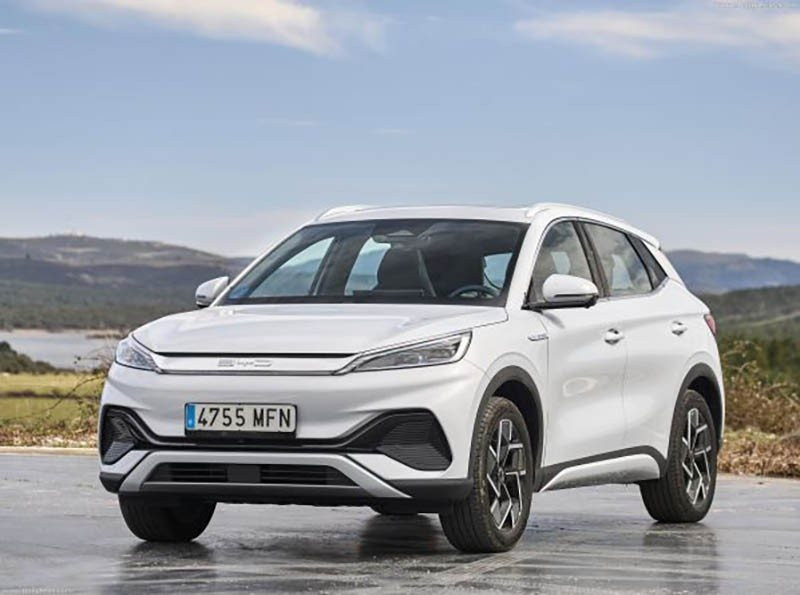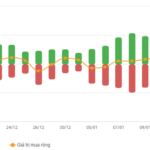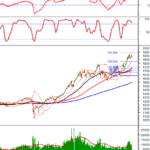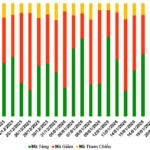
BYD Atto 3
According to the Japan Automobile Importers Association (JAIA), the total number of imported electric cars in Japan reached 1,186 vehicles in January, an increase of 11% compared to the previous year. Notably, BYD accounted for nearly 20% of those imports with 217 vehicles, a six-fold increase compared to the same period last year.
BYD officially entered the Japanese car market in January 2023, unveiling two electric vehicle models, Dolphin and Atto 3. Among them, Atto 3 received greater attention for its advanced safety features.
However, BYD’s leadership in Japan understands that the overall sales of imported electric cars here are still very low due to the relatively low brand recognition of BYD. It requires a lot of effort in the future to increase market share.
BYD plans to introduce the Seal model, a pure electric sedan, in the Japanese market in spring 2024, while aiming to open 100 product experience stores by the end of 2025. This is part of BYD’s strategy to expand its presence in the Japanese market.
This market currently has around 118 different electric car models from 17 brands, with notable names such as Volkswagen ID.4, Audi Q4 e-tron, and upcoming models like BMW iX2, Alfa Romeo, and Volvo EX30.
The increased attention of Japanese consumers to imported electric car models reflects a new trend in this discerning market. In 2023, for the first time, imported electric cars from foreign brands exceeded 20,000 units, reaching 22,890 vehicles, a 59.6% increase compared to the previous year.
JAIA also acknowledges the growing influence of foreign electric vehicle manufacturers, demonstrating the shift of users towards more appropriate and intelligent mobility solutions.
With only over 200 units sold, BYD’s performance in January 2024 clearly indicates a significant increase in the brand’s influence in the Japanese market, as well as acceptance by consumers here of a Chinese brand, rather than solely focusing on domestic products.












